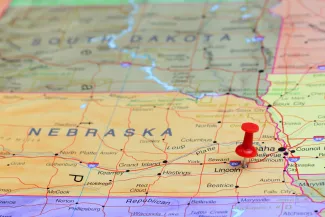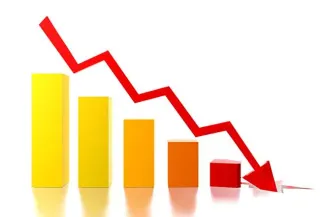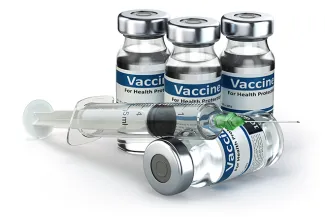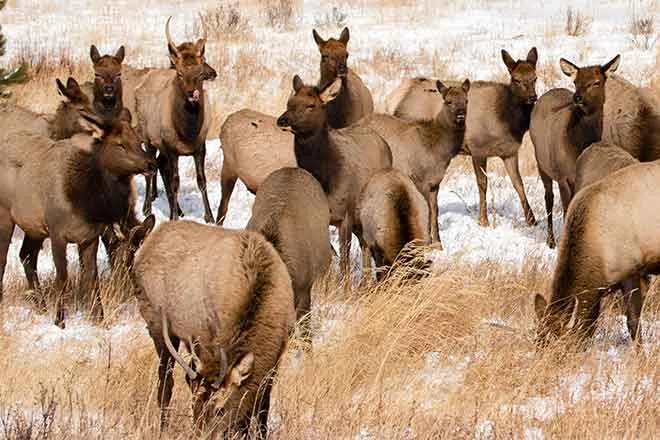
Vaccination rates continue to decline for Nebraska school children
Vaccination rates for Nebraska’s school children continue to decline, with rates for two vaccines falling below the 95 percent national target rate for “healthy children.”
An annual state report issued last week indicated that immunization rates for MMR (measles, mumps and rubella combined) and for chickenpox were at about 94.5 percent and 93.5 percent, respectively.

That is below a 95 percent target goal set by the “Healthy People 2030” initiative of the federal Office of Disease Prevention and Health Promotion in an effort to prevent the spread of preventable diseases.
The report, which is based on surveys of children entering kindergarten and seventh grade during the 2023-24 school year, indicated that immunizations for DTaP (diphtheria, tetanus and acellular pertussis), polio and hepatitis B were all slightly above 95 percent.
But those vaccinations, like the rates for MMR and chickenpox, have been generally declining since before the COVID-19 pandemic.
For instance, Nebraska’s vaccination rate for measles, mumps and rubella was 96.3 percent in 2019-20, compared with 93.5 percent in the most recent report.
National trend
That mirrors a national trend, according to the Kaiser Family Foundation, which said last month that 14 states have reported overall vaccination rates below 90 percent for the 2023-2024 school year, compared to only three states in the 2019-2020 school year, prior to the pandemic.

© iStock - Geerati
The main driver of lower vaccination rates, according to Kaiser, are non-medical exemptions, based mainly on religion, sought by parents to avoid the vaccinations for their children.
That health organization, in a November article, reported that 14 states now have overall exemption rates (for both non-medical and medical reasons) above 5 percent — Alaska, Arizona, Hawaii, Idaho, Michigan, Minnesota, Nevada, North Dakota, Oklahoma, Oregon, South Dakota, Wyoming, Wisconsin and Utah. That compares with eight states prior to the pandemic.
Idaho led the nation in vaccination exemptions, at 14.3 percent, while Nebraska’s rate was 3.5 percent, which was slightly higher than the national average of 3.3 percent, Kaiser reported.
A spokeswoman with the Nebraska Department of Health and Human Services, responding to an email, said the agency could not speculate on what’s caused vaccination rates to decline in the state, although there has been a general increase in religion exemptions since 2020.
“Childhood vaccines are safe and effective,” said spokeswoman Alycia Davis. “DHHS encourages individuals and parents to consult their healthcare provider to develop a personalized care plan.”
‘A lot of misinformation’
Dr. Tom Safranek, a former state epidemiologist who now works for a company that does worksite immunizations, said lower vaccination rates appear related to a backlash against strict public health mandates adopted during the COVID-19 epidemic. That, he said, is despite plenty of “good science” that supports vaccinations.

© iStock - Bet_Noire
“I think there’s a lot of misinformation out there. It’s almost the concept that if it doesn’t kill you it makes you stronger,” Safranek said.
“People are putting themselves and their kids at risk by avoiding (immunizations),” he said, adding that he has always been a “believer” in vaccinations.
Particularly troubling, Safranek said, is a decline in vaccinations for measles, which he called “the most infectious infection around” that is easily spread and can cause a lengthy illness and even death.
It may take some time to regain widespread public trust in vaccines and to dismiss false claims that vaccines cause autism, he said.
“There’s a pretty good scientific basis for vaccines and that the benefits far outweigh the risk,” Safranek said.
Nebraska Examiner is part of States Newsroom, a nonprofit news network supported by grants and a coalition of donors as a 501c(3) public charity. Nebraska Examiner maintains editorial independence. Contact Editor Cate Folsom for questions: info@nebraskaexaminer.com.
















